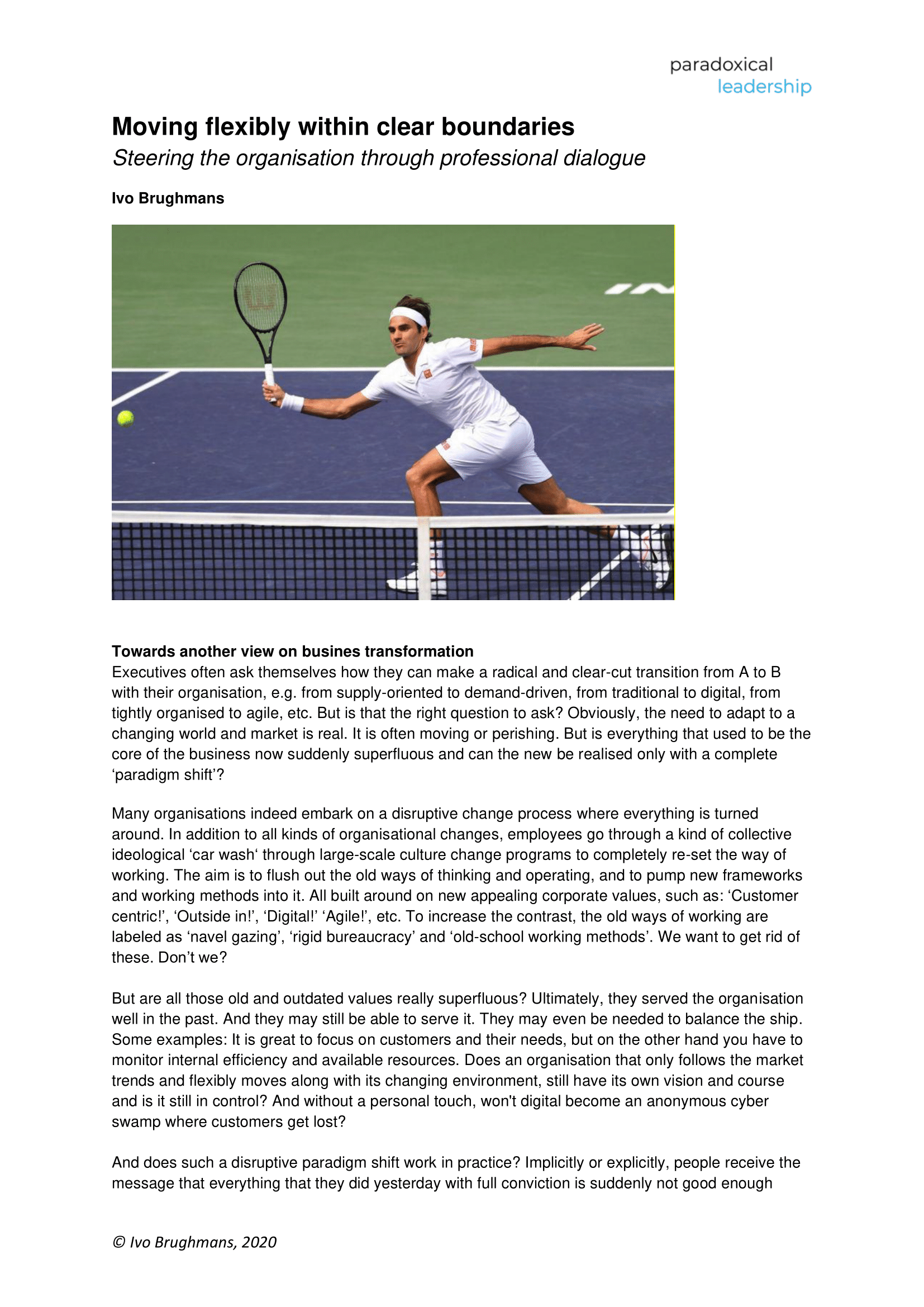Have you ever wondered whether something could be both true and false? What if an object could be in two places at once? These are just a few of the mind-bending questions that paradoxical phenomena present. If you're interested in exploring the boundaries of logic and perception, then you'll want to check out "Paradoxical Phenomena: Exploring The Boundaries Of Logic And Perception".
Editor's Notes: "Paradoxical Phenomena: Exploring The Boundaries Of Logic And Perception" have published today date
This book delves into the fascinating world of paradoxes, which are statements that appear to be contradictory but may actually be true. Paradoxes have been a source of fascination for centuries, and they've been studied by philosophers, logicians, and scientists alike.
Key Differences or Key Takeaways:
-The book is divided into three parts, each of which explores a different aspect of paradoxical phenomena.
-Part I examines the logical paradoxes, which are statements that appear to be contradictory but may actually be true.
-Part II examines the perceptual paradoxes, which are illusions that can fool our senses.
-Part III examines the quantum paradoxes, which are phenomena that can only be explained by the laws of quantum mechanics.
"Paradoxical Phenomena: Exploring The Boundaries Of Logic And Perception" is a fascinating and thought-provoking book that will challenge your assumptions about the world. It's a must-read for anyone who is interested in the nature of reality.

Exploring Trailing Phenomena: Perception Beyond The Ordinary - Source www.prepladder.com
FAQ
This FAQ section provides answers to frequently asked questions regarding the nature of paradoxical phenomena and their implications for our understanding of logic and perception.
Question 1: What are paradoxical phenomena?
Paradoxical phenomena are events, concepts, or situations that appear to defy conventional logic or contradict our expectations. They challenge our assumptions about the nature of reality and force us to re-examine our perceptions.

Premium Photo | Exploring the Boundaries An Epic Fusion of MC Escher - Source www.freepik.com
Question 2: How can we explain paradoxical phenomena?
There is no single, definitive explanation for all paradoxical phenomena. Some may be attributed to limitations in our perception, while others may reflect genuine contradictions within the fabric of reality. Different philosophical and scientific perspectives offer diverse interpretations of these phenomena.
Question 3: Are paradoxical phenomena inherently negative or harmful?
The nature of paradoxical phenomena is not inherently negative or harmful. They can be interpreted as opportunities for intellectual growth, encouraging critical thinking and challenging our assumptions. However, it is essential to approach them with caution and seek rational explanations whenever possible.
Question 4: Can paradoxical phenomena be used for personal or societal benefit?
Some paradoxical phenomena have practical applications. For instance, Zeno's paradox demonstrates the infinite nature of space and time, which has implications for scientific understanding. Other paradoxes have been used in psychotherapy to challenge cognitive distortions and promote self-awareness.
Question 5: How do paradoxical phenomena challenge our perception of reality?
Paradoxical phenomena defy expectations and disrupt our ordinary understanding of the world. They prompt us to question the limits of our knowledge, explore alternative perspectives, and consider the possibility of hidden dimensions or unexplored aspects of reality.
Question 6: What should we do when we encounter paradoxical phenomena?
When encountering paradoxical phenomena, it is crucial to remain open-minded, consider diverse interpretations, and seek rational explanations. We should avoid quick assumptions or resorting to black-and-white thinking. By embracing the paradoxical, we cultivate intellectual curiosity and expand our cognitive boundaries.
The exploration of paradoxical phenomena continues to provide valuable insights into the intricate nature of reality and the limitations of our perceptions. It invites us to embrace ambiguity, challenge assumptions, and seek a deeper understanding of the universe.
Continue reading the article to delve further into the implications and applications of paradoxical phenomena...
Tips
Expanding our understanding of paradoxical phenomena involves challenging assumptions and adopting new perspectives. Paradoxical Phenomena: Exploring The Boundaries Of Logic And Perception offers insights into this captivating realm. By incorporating these tips, we can deepen our exploration and gain valuable insights.
Tip 1: Embrace Cognitive Dissonance
Paradoxical phenomena often induce cognitive dissonance, a state of discomfort caused by holding contradictory beliefs. Instead of dismissing or avoiding dissonance, allow it to fuel curiosity and exploration. It can lead to breakthroughs in understanding.
Tip 2: Question Assumptions
Assumptions often shape our perceptions and limit our ability to grasp paradoxical phenomena. Challenge long-held beliefs and consider alternative perspectives. Question the boundaries between reality and perception, logic, and intuition.
Tip 3: Seek Out Ambiguity
Paradoxes thrive in ambiguity and uncertainty. Accept the discomfort of not having clear answers and delve into the gray areas. Embracing ambiguity allows for a more nuanced and holistic understanding of these phenomena.
Tip 4: Explore the Edges
Paradoxical phenomena often reside at the boundaries of logic and perception. Venture into these liminal spaces by studying optical illusions, quantum mechanics, and philosophical paradoxes. These investigations can expand the limits of our comprehension.
By adopting these tips, we can navigate the enigmatic realm of paradoxical phenomena with greater awareness and understanding. They unlock new perspectives and inspire a deeper appreciation for the complexities of our world.

Premium AI Image | The Paradoxical World Exploring the Patriarchal - Source www.freepik.com
Paradoxical Phenomena: Exploring The Boundaries Of Logic And Perception
Paradoxical phenomena challenge our conventional understanding of logic and perception. They invite us to ponder upon the boundaries between what is seemingly logical and what our senses perceive as true. Here are six key aspects that delve into this fascinating realm:
- Cognitive Dissonance: The uncomfortable tension caused by holding contradictory beliefs.
- Optical Illusions: Visual tricks that deceive our brains, leading to misperceptions.
- Schrödinger's Cat: A thought experiment illustrating the superposition of states in quantum mechanics.
- Bayesian Inference: The continuous updating of beliefs based on new information, even in the face of paradoxes.
- Gödel's Incompleteness Theorems: Limitations of logical systems that can lead to paradoxical statements.
- Zeno's Paradoxes: Mathematical conundrums that question the nature of motion and infinity.

Moving flexibly between clear boundaries - Ivo Brughmans-1 - Source paradoxical-leadership.com
These aspects highlight the intriguing complexities of paradoxical phenomena. They challenge our assumptions about the world, prompting us to question the boundaries of what we perceive as logical or real. Through thought experiments, optical illusions, and philosophical inquiries, paradoxical phenomena offer a unique window into the enigmatic realms where logic and perception intersect.
Paradoxical Phenomena: Exploring The Boundaries Of Logic And Perception
"Paradoxical Phenomena: Exploring The Boundaries Of Logic And Perception" delves into the fascinating world where logic and perception intertwine, challenging our fundamental understanding of reality. This exploration reveals that paradoxical phenomena are not mere curiosities but have profound implications for our understanding of the universe and our place within it. By examining the causes and effects of these paradoxes, we gain valuable insights into the limitations of our logic and the malleability of our perceptions.

Premium Photo | Exploring the Paradoxical Nature of Characters through - Source www.freepik.com
From the classic paradoxes of Zeno to the mind-bending paradoxes of modern physics, "Paradoxical Phenomena: Exploring The Boundaries Of Logic And Perception" provides a comprehensive analysis of these enigmatic phenomena. It examines the challenges they pose to our conventional notions of time, space, and reality, inviting us to question the very foundations of our knowledge.
Understanding the practical significance of paradoxical phenomena is crucial for navigating the complexities of our world. By confronting the paradoxes that arise in fields such as science, philosophy, and psychology, we can develop a more nuanced and comprehensive understanding of the universe and our place within it. This understanding empowers us to make informed decisions, engage in meaningful dialogue, and approach life's challenges with greater resilience.
| Paradox | Cause | Effect | Example |
|---|---|---|---|
| Zeno's Paradox | Infinite divisibility of space and time | Challenges our understanding of motion and continuity | The race between Achilles and the tortoise |
| Schrödinger's Cat | Superposition in quantum mechanics | Blurring the lines between life and death | A cat in a closed box with a radioactive atom |
| The Liar's Paradox | Self-referential statements | Challenges our understanding of truth and validity | The statement "This statement is false" |
Conclusion
"Paradoxical Phenomena: Exploring The Boundaries Of Logic And Perception" invites us to embrace the paradoxes that challenge our understanding of reality. By exploring the causes and effects of these paradoxical phenomena, we gain a deeper appreciation for the complexity and wonder of the universe.
Understanding paradoxical phenomena empowers us to navigate the complexities of our world with greater flexibility and resilience. It challenges us to question our assumptions, explore new perspectives, and embrace the unknown. As we continue to grapple with the paradoxes that surround us, we unlock the potential for profound insights and transformative experiences.



